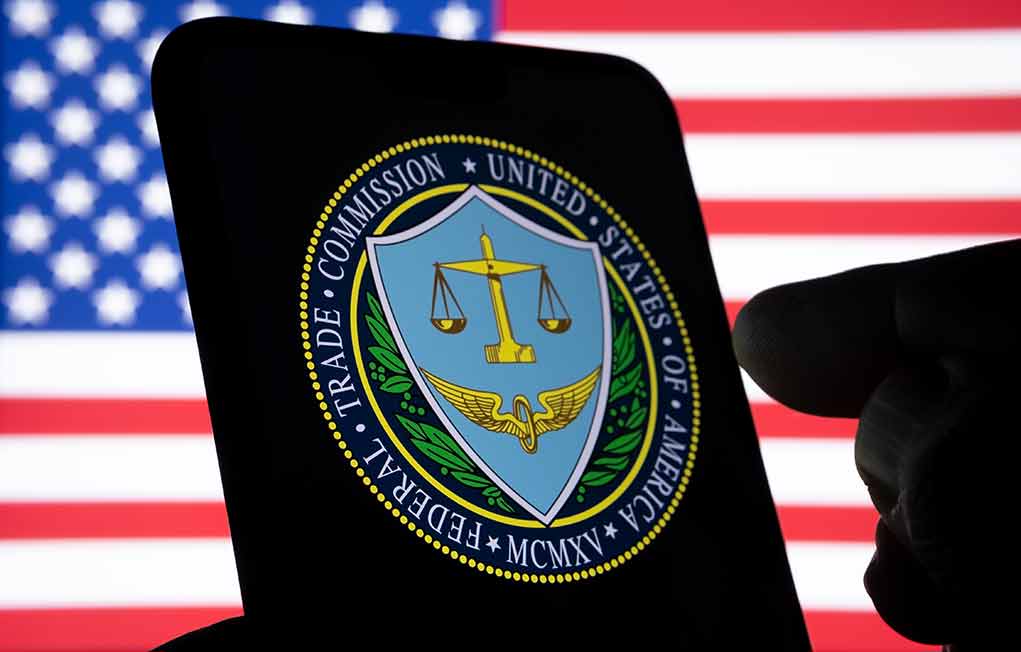FTC Imposes New Rule: Hidden Costs Must Be Revealed for Travelers

FTC’s new directive demands transparency in hotel and ticketing fees, challenging businesses to disclose all costs upfront. But will this change the landscape for consumers?
At a Glance
- FTC mandates upfront disclosure of all mandatory fees for hotels, rentals, and tickets.
- The Junk Fees Rule aims to eliminate deceptive pricing practices.
- Businesses must include fees in the advertised price prominently.
- Violations may lead to civil penalties and legal actions.
- FTC rule expected to save consumers significant time and costs.
FTC’s New Rule Eliminates Hidden Fees
The Federal Trade Commission (FTC) has announced a bipartisan Junk Fees Rule targeting bait-and-switch pricing in live-event ticketing and short-term lodging industries. Under the new rule, businesses must disclose all mandatory fees upfront. This decision marks a significant shift towards transparent pricing, aimed at protecting consumers from unexpected surcharges. By including charges in the advertised price, consumers can now have a clearer view of their total expenditure.
The move by the FTC comes after substantial feedback from the public, with over 72,000 comments received during the rulemaking process in 2022. The new rule will become effective 120 days after its publication in the Federal Register. The FTC’s new regulation is not about banning individual fees but ensuring that the total price is presented more prominently than any other pricing information.
#FTC's New Rule Outlaws Hidden Fees in Hotel and Ticket Sales
The Federal Trade Commission has introduced a new rule that mandates transparency in pricing for hotels and live-event tickets. This rule, termed the #JunkFees Rule, prohibits the use of bait-and-switch tactics by… pic.twitter.com/cSzxdGFAQs
— Evan Kirstel #B2B #TechFluencer (@EvanKirstel) December 17, 2024
The Impact of Transparent Pricing
The rule mandates clear and upfront disclosure of total prices for live-event tickets and short-term lodging, fostering an environment of transparency. “People deserve to know up-front what they’re being asked to pay—without worrying that they’ll later be saddled with mysterious fees that they haven’t budgeted for and can’t avoid,” said FTC Chair Lina M. Khan. The rule aims to save consumers up to 53 million hours annually, equating to $11 billion over the next decade.
The FTC will continue to fight against deceptive pricing practices across various industries. Violations of the rule can result in civil penalties up to $51,000 per day per violation, ensuring businesses adhere strictly to the new transparency standards. The initiative seeks to level the playing field for honest businesses and empower consumers in their purchasing decisions.
Future Implications and Enforcement
The FTC can enforce the rule through civil court actions and refer cases to the Department of Justice. Notably, the rule was passed by a four to one vote, with dissent from Commissioner Andrew Ferguson, who voiced concerns about the timing of the rule’s adoption. This rule does not make way for a complete ban on fees but requires that all fees are disclosed transparently.
The Junk Fees Rule sets a precedent and could influence further regulations aimed at promoting transparency across the economy. Some companies, particularly in California, already comply with similar transparency laws. The impact of this rule will likely solidify greater confidence among consumers and reshape expectations for pricing practices in the travel and events industries.







